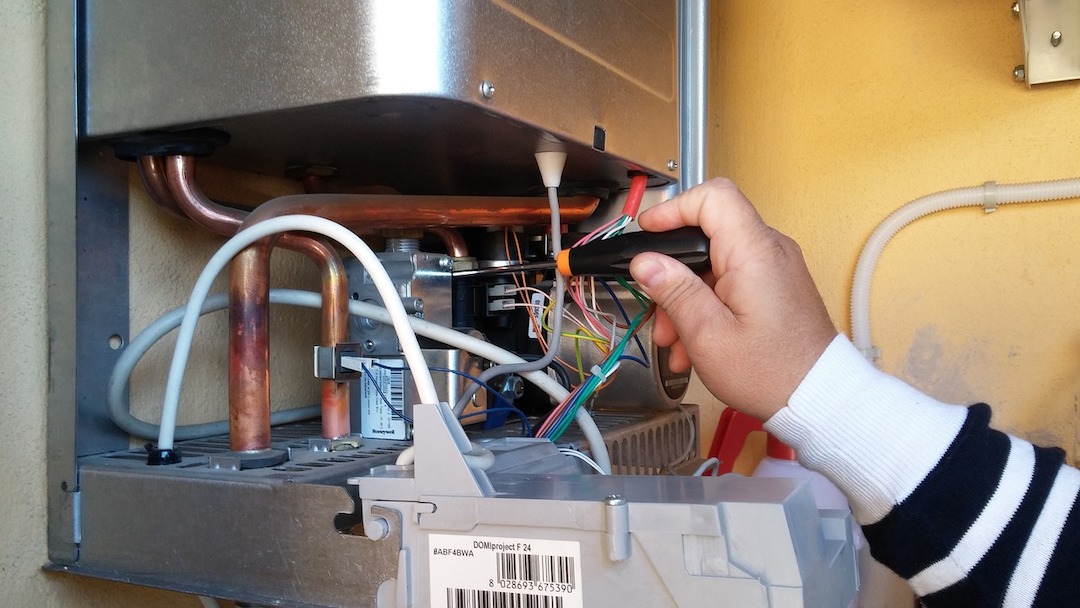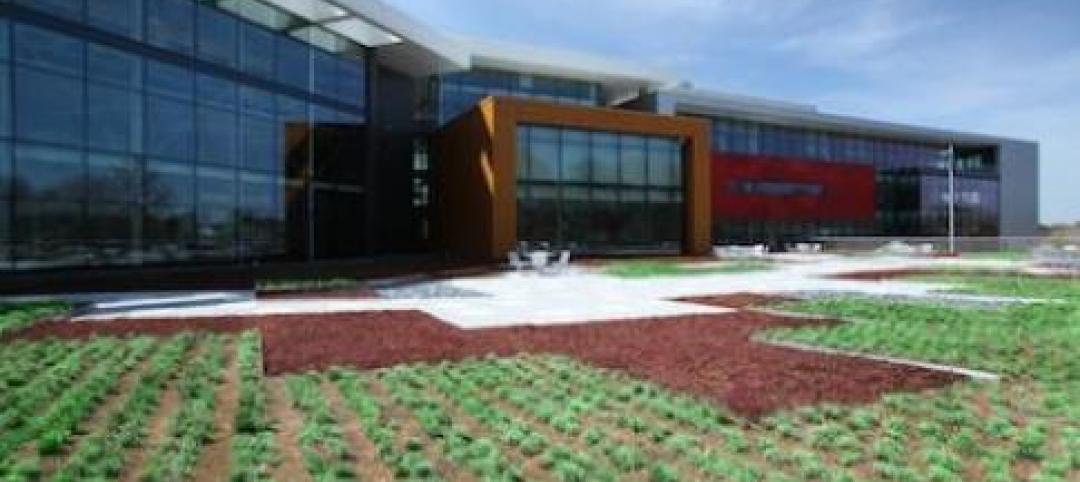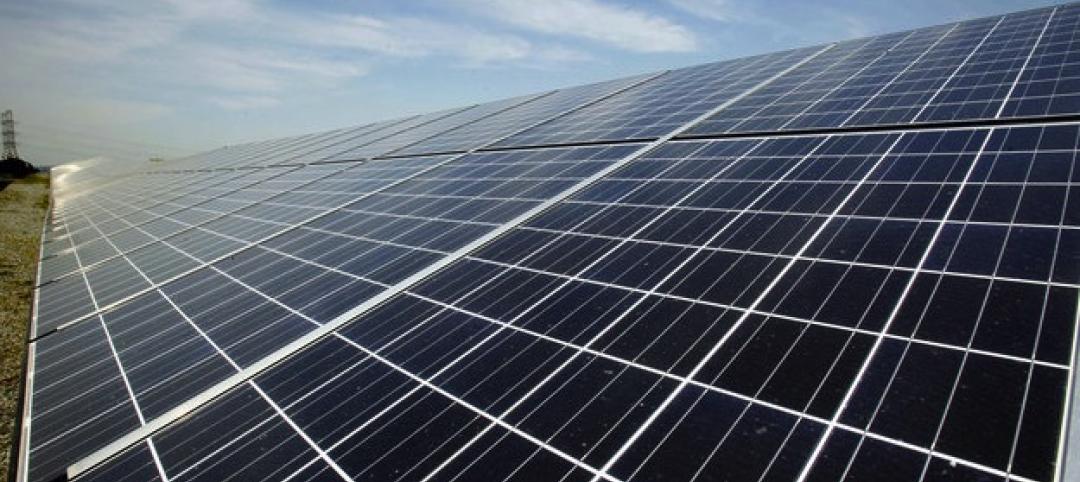Efficient electric hot water heating technologies significantly reduce the carbon emissions of multifamily buildings, according to a report by the American Council for an Energy-Efficient Economy (ACEEE) and New Buildings Institute (NBI).
In multifamily buildings with five or more units, water heating uses more energy than space heating, cooling, or lighting, the report says. Converting gas-fired water heaters to advanced technology—electric heat pump water heaters (HPWHs)—would cut greenhouse gas emissions from water heating by an average of 58%.
If HPWHs are powered entirely by clean sources, they cause zero emissions, making them a critical tool for decarbonizing the economy. Efficient electric water heaters carry a higher upfront cost over gas models, so policymakers would have to provide incentives to owners to make the conversion, the report says.
“Many utilities offer incentives for building or unit owners to install in-unit heat pump hot water heaters,” an ACEEE/NBI news release says. “Yet few programs are designed specifically for multifamily buildings, which offer unique challenges.”
Related Stories
| Sep 26, 2013
OSHA encourages comments on respirable crystalline silica rules
The Occupational Safety and Health Administration’s proposed rulemaking for respirable crystalline silica has been published in the Federal Register.
| Sep 26, 2013
EPA’s final rule on updated ASTM standard likely to be withdrawn
The Environmental Protection Agency is expected to withdraw a direct final ruleissued in Augustregarding an ASTM standard for Phase I Environmental Site.
| Sep 26, 2013
A primer on RoofPoint green-rating system for commercial roofs
The RoofPoint green-rating system can be used to construct more energy-efficient and sustainable commercial roofs.
| Sep 26, 2013
ConsensusDocs releases updated federal subcontract to help construction firms perform federal work
The newly revised ConsensusDocs standard subcontract (ConsensusDocs 752 for federal work) will make it easier for general contractors and subcontractors to perform federal work.
| Sep 18, 2013
Proposed Boston casino development approval will depend partly on sustainability
The movement toward green building has been slow to catch on in the casino industry, but that could change with Suffolk Downs, which plans to build a $1 billion casino in Boston.
| Sep 18, 2013
Regulations could ease firefighters’ fear of roof solar panels
The local fire chief says solar panels are partly to blame after a 300,000 sf refrigerated warehouse in Delanco, N.J., burned down.
| Sep 18, 2013
New AISC design guide on structural stainless steel now available
For the first time in the U.S., design professionals now have an authoritative resource on structural stainless steel with AISC Steel Design Guide No. 27, Structural Stainless Steel.
| Sep 18, 2013
DBIA’s ‘Design-Build Done Right’ best practices project seeks industry input
The Design-Build Institute of America (DBIA) is seeking industry input on its project to create a design-build best practices document.
| Sep 11, 2013
USGBC Florida Chapter survey to help contractors adopt sustainable practices
Contractors in Florida could benefit from a data collection project by the state's chapter of the U.S. Green Building Council.
| Sep 11, 2013
Disability, vet hiring standards for contractors are goals, not quotas
Contractors that fall short of new federal hiring rules concerning veterans and disabled persons will not necessarily incur penalties, says Patricia Shiu, director of the Office of Federal Contract Compliance Programs.












